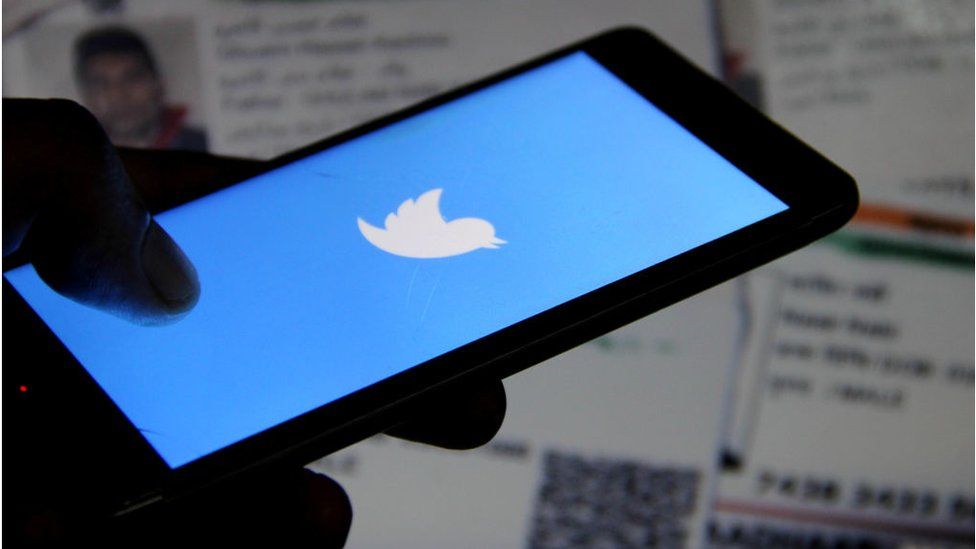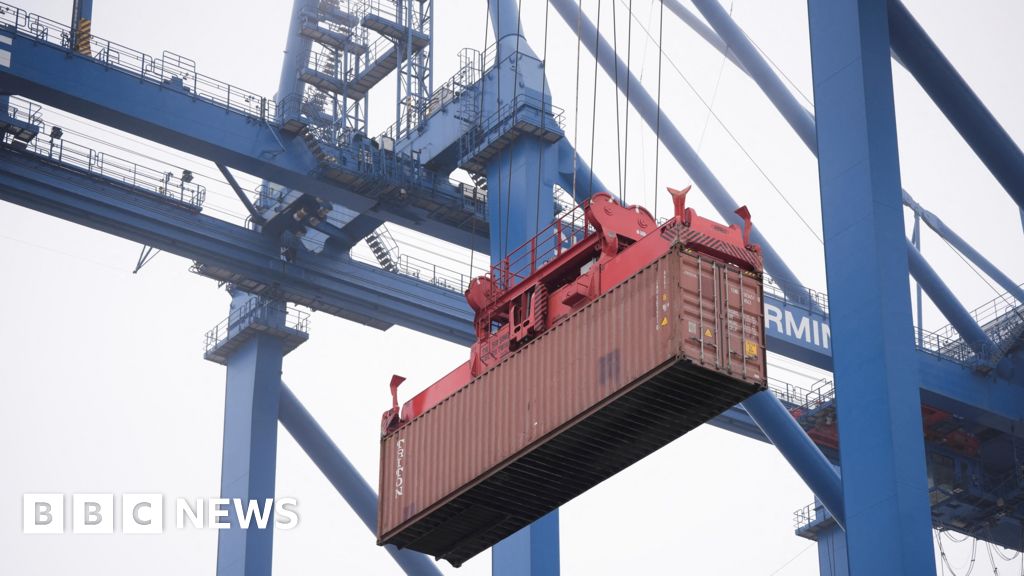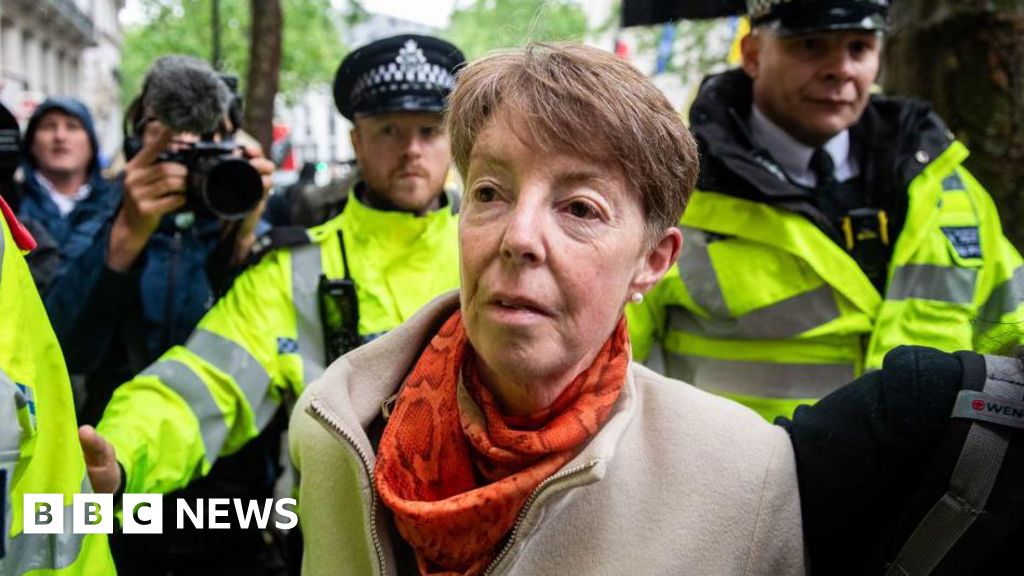ARTICLE AD BOX
 Image source, Getty Images
Image source, Getty Images
Twitter has a more than 24 million users in India
Twitter has mounted a legal challenge in India against government orders to take down content.
The social media giant has filed a petition with the high court in Karnataka state resisting "several" such orders, sources told the BBC.
Twitter was reacting to a letter from the government in June warning of "serious consequences" of non-compliance of such orders.
Twitter has more than 24 million users in India, by one estimate.
Hours after the petition was filed, federal minister Rajeev Chandrasekhar tweeted that all foreign Internet platforms had to comply with Indian laws.
Sources familiar with the matter said the government had warned Twitter in June, saying it was the company's "last opportunity" to comply with a number of blocking orders.
They fall under India's information technology law which allows the government to block online content that "threatens the security of the state" and public order among other things.
They said Twitter had chosen to go to court due to the "seriousness of the threats" as failure to comply with the law could lead to criminal proceedings.
The social media giant believes that the orders are "procedurally and substantially deficient" of the requirements of the law and many of them "demonstrate excessive use of power and are disproportionate," sources said.
In several cases, for example, there are demands for entire accounts to be blocked, the sources added. And several accounts could involve content posted by "official handles of political parties".
This is the latest move in a continuing face-off between Twitter and India's Bharatiya Janata Party (BJP)-led government.
Over the past year, authorities have asked the social media giant to remove tweets and block accounts, citing objections based on public order. These include accounts and tweets related to last year's massive protests by farmers and tweets critical of the government's handling of the pandemic.
During the farmers' protests Twitter briefly blocked some 250 accounts in response to a legal notice by the government, citing objections based on public order.
These included accounts of an investigative news magazine, and activists and groups associated with supporting the months-long protests on the outskirts of Delhi.
But Twitter restored the accounts in six hours, citing "insufficient justification" for continuing the suspension.
Last year in February, Twitter was told that it was "welcome to do business in India", but it had to follow the laws of the country "irrespective of Twitter's own rules and guidelines".
In May, Twitter expressed concerns over freedom of expression in India, days after police visited its offices in the capital, Delhi.
The police served notice to the site after it labelled a tweet by the BJP as "manipulated media".

 2 years ago
24
2 years ago
24








 English (US)
English (US)